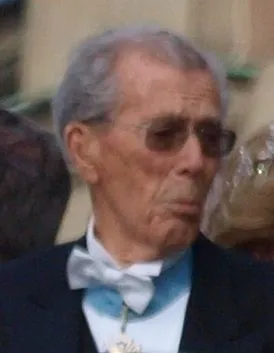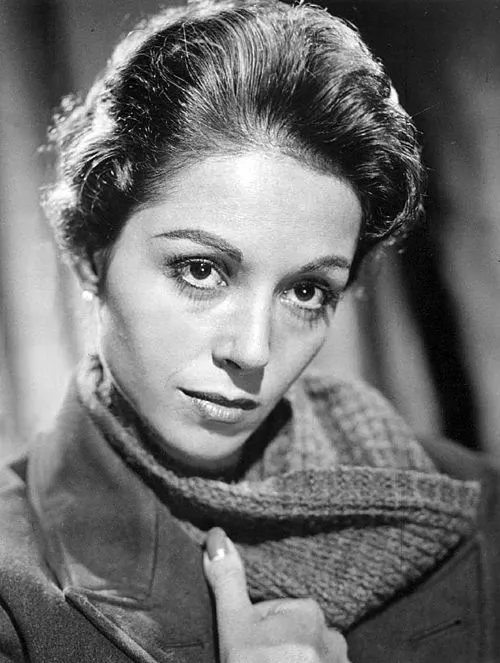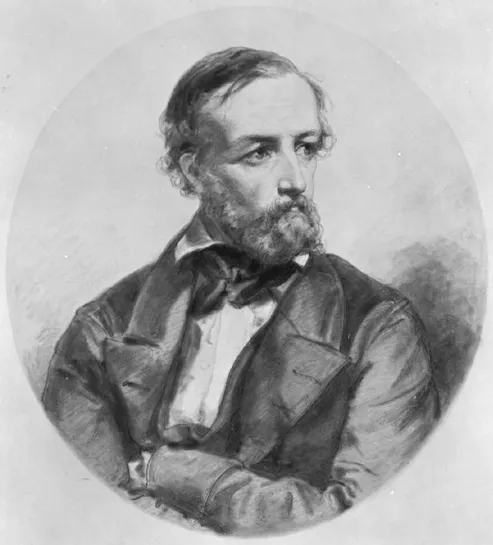Name: Ely Ould Mohamed Vall
Nationality: Mauritanian
Profession: Politician
Date of Birth: 1953
Notable Position: Served as President of Mauritania from 2005 to 2007
Political Movement: Led a military coup in 2005
Post-Presidency: Involved in various political activities after leaving office
2017 – Ely Ould Mohamed Vall, Mauritanian politician (b. 1953)
2017 marked the end of an era in Mauritania with the passing of Ely Ould Mohamed Vall, a figure whose political journey was as intricate as the tapestry of his nation's history. Born in 1953, Vall grew up amidst the winds of change sweeping across Africa, where independence movements were stirring national identities and aspirations. Raised in a nation grappling with its own colonial past, he would eventually play a pivotal role in shaping Mauritania's future.
His early career began not with traditional politics but within the military ranks an unusual yet defining start for many leaders of his time. At a young age, he entered the National Guard and quickly ascended through its ranks. Perhaps it was during this period that Vall developed an acute sense for strategic alliances, which would serve him well later in his life. However, it wasn’t long before Mauritania faced political upheaval; these early years set the stage for dramatic changes ahead.
In 2005, Ely Ould Mohamed Vall orchestrated a coup d'état that unseated President Maaouya Ould Sid'Ahmed Taya. Ironically, what began as a moment of chaos led to one of Vall's most significant contributions: he initiated democratic reforms that would mark a notable shift away from authoritarian rule. The country’s transition to civilian governance under his leadership was unprecedented arguably something many doubted could occur amidst ongoing tensions.
As head of state during this transitional period until 2007, Vall prioritized restoring political stability and fostering dialogue among various factions within Mauritania’s society a move viewed with both skepticism and optimism by observers worldwide. In fact, historians recount that his emphasis on consensus-building reflected broader regional trends towards democratization following years of dictatorship across North Africa and sub-Saharan regions.
Despite this ambitious agenda rooted deeply in hopes for progress and reconciliation among rival factions, challenges loomed large on every side; protests erupted frequently against economic hardships while underlying ethnic tensions simmered beneath the surface a persistent reminder that unity often comes at great cost.
The end of his presidency did not signify retreat from public life either; rather it opened new avenues for diplomacy and engagement on regional issues such as security threats posed by extremist groups nearby or humanitarian crises stemming from climate change challenges which still resonate today.
In reflecting upon Ely Ould Mohamed Vall’s legacy after passing away in 2017 who knows how history might have shifted had he not intervened during those critical junctures? His vision left behind structures vital for furthering democratic processes even amid adversity endured since then! Some might argue there lies irony within recognition granted posthumously the very ideals he championed endure despite growing concerns over waning democratic norms across West Africa recently.
Ely Ould Mohamed Vall's life illustrates how historical trajectories are often crafted by individuals who rise against adversity while influencing their countries' paths toward growth or stagnation... But perhaps what stands out most about him is not just politics alone it is resilience woven throughout tales told about socio-political evolution occurring within Mauritanian borders since colonial days ended decades ago!
The day he left this world coincided with waves reverberating through both national consciousness & international dialogues concerning democracy & governance strategies worldwide! Even today as societies grapple with maintaining freedoms amidst rising autocratic sentiments it becomes increasingly apparent how legacies like those left behind by leaders such as Ely reflect broader struggles faced globally!
Early Life and Education
Growing up in Nouakchott, Vall pursued a military career, furthering his education in military academies. His dedication to service and leadership propelled him into important roles within the military, eventually leading him to the center stage of Mauritania’s political theater.
Rise to Power
Vall's political journey took a significant turn in August 2005 when he led a coup d'état that ousted then-president Maaouya Ould Sid'Ahmed Taya. This power shift marked a new chapter for Mauritania, as Vall promised political reform and national stability. His leadership style emphasized dialogue and inclusivity, contrasting sharply with the authoritarian rule of his predecessor.
Presidency and Reforms
Following the coup, Vall served as the head of state until 2007. During his presidency, he initiated a series of democratic reforms aimed at fostering a more inclusive political environment. Recognizing the necessity of civil rights, Vall focused on improving the political climate by allowing greater political participation and conducting fair elections.
In 2007, he stepped down in favor of transitioning power to an elected government, underscoring his commitment to democratic principles. His retirement from politics did not diminish his influence; rather, it established a legacy of reform that many Mauritanians would rally behind.
Legacy and Contributions
Vall's tenure is remembered for its attempt to stabilize a nation that had seen numerous coups and political upheavals. His focus on unity and development, along with assertive moves toward democratization, marked a departure from the military-oriented governance that had characterized Mauritania for decades.
Moreover, Vall’s policies laid the groundwork for subsequent governments to pursue democratic governance. His efforts to combat corruption and ensure accountability in governance reshaped public expectations regarding political leadership in Mauritania.












